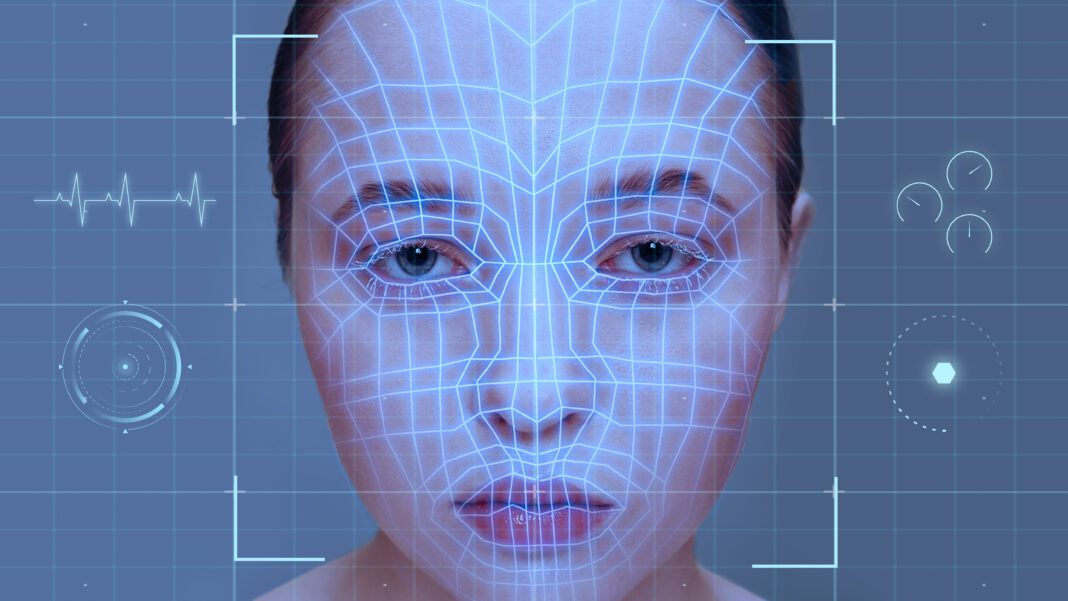Imagine being able to diagnose a disease or disorder at a glance. Well, Radboud University’s medical centre researchers have designed a new computer with the potential to make that dream a reality.
This new invention is able to detect genetic abnormalities in children and offer “relief” for parents who often “live in uncertainty” about their child’s state, AD.nl reports.
In collaboration with their Artificial Intelligence department, the university’s researchers have constructed a “self-learning algorithm” that picks up on syndromes from a facial scan and an account of people’s medical records.
Speed of diagnosis
The outcome? Faster diagnoses! This means families won’t have to wait a tedious amount of business days to get results. It also means that doctors can be more informed in their suggestions, treatment, and handling of the condition.
As Radboud geneticist Bert de Vries points out to AD, a particular “intellectual disability” can be associated with anything from epileptic seizures to “heart or kidney problems”. That’s why it’s better to treat those problems sooner rather than later.
Not only that, but a relatively speedy confirmation of what the syndrome is can alleviate the doubt and confusion experienced by the child and their family — providing both “clarity” and “peace” for them.
The end of life as we know it?
So far, the machine works like a charm and has managed to correctly identify between 37 and 40 disorders.
This computer will also reportedly “make the world a bit smaller”, in the sense that children living oceans apart will be comparable because of their shared genetic abnormalities.
As for the new conditions that are still a mystery to the medical world, those will become easier to research and investigate thanks to this machine.
Is AI paving the way for the medical industry? Share your thoughts in the comments below!



